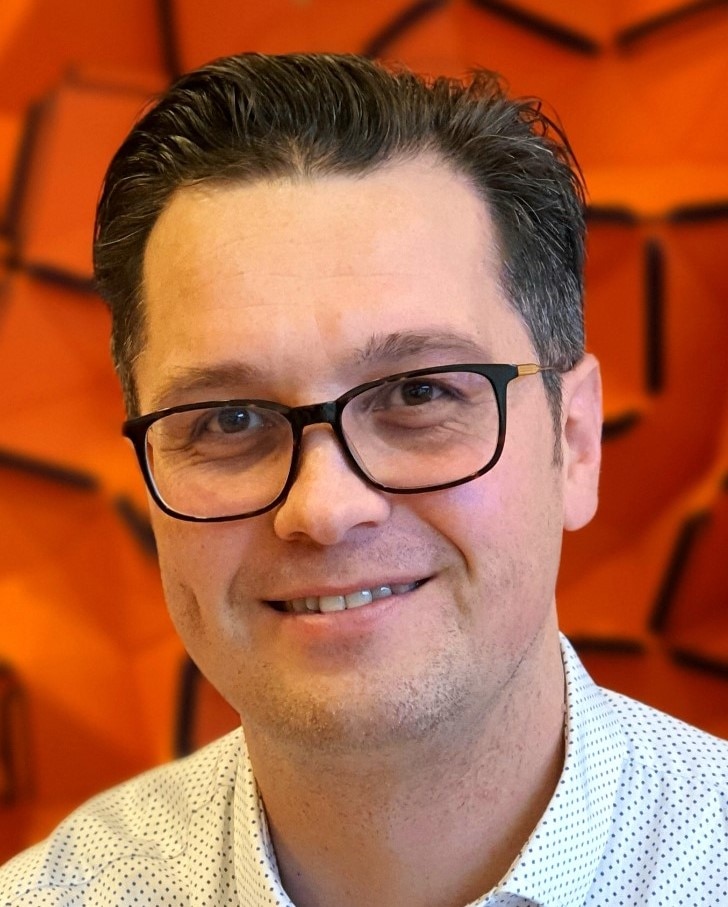Envalior

As global regulations and market demands evolve, plumbing system manufacturers face increasing pressure to develop lead-free, high-performance components. Traditional materials like brass and copper are being replaced to prevent lead contamination in drinking water. Many plastics fail to meet plumbing standards, making advanced materials essential for ensuring safety, durability, and sustainability in modern plumbing systems.
The presence of lead in drinking water poses serious health risks, especially for infants and children, who are particularly vulnerable to lead exposure. Lead contamination often stems from corroding plumbing components made from brass, copper, or lead solder. In response, global initiatives are tightening regulations to ensure drinking water safety.
In the European Union (EU), the updated Drinking Water Directive has set more stringent limits on lead content, aiming to reduce these levels by half. Similarly, the U.S. Safe Drinking Water Act (SDWA) mandates that all plumbing components meet strict "lead-free" criteria, defined as a maximum weighted average of 0.25% lead across wetted surfaces. For endpoint devices and faucets requiring NSF61 certification the lead criteria are even more strict since 2024.Additionally, a global pledge introduced at the 2023 UN Water Conference emphasizes international efforts to eliminate lead in drinking water systems.
To meet these regulatory requirements, manufacturers are increasingly turning to specialty polymers as replacements for traditional metals in plumbing applications. Envalior’s EcoPaXX® (PA4.10), ForTii® (PPA), and Xytron™ (PPS) offer high-performance, lead-free solutions for water contact applications. These materials meet drinking water certification standards worldwide and are available in grades with 30-60% glass fiber content.
EcoPaXX® Q-DWX10 (GF50%) and Q-DWX12 (GF60%) are particularly well-suited for faucet and thermostat housing components, offering a low risk of part failure and water leakage. Its benefits include:
Testing has demonstrated EcoPaXX’s ability to pass more than 1 million cycles under varying water temperatures, ensuring reliable performance for global plumbing markets, including the U.S., Europe, and China.
Envalior’s lead-free solutions fully comply with major drinking water certifications, including:
By leveraging Envalior’s expertise, manufacturers gain access to materials that meet these certifications and ensure compliance in diverse markets worldwide.
As a global leader in advanced material solutions, Envalior is dedicated to helping manufacturers navigate the challenges of the water industry. Our robust portfolio includes materials tailored to meet next-generation needs, backed by rigorous research, testing, and collaboration with OEMs and tier suppliers.
Contact us today to learn how our lead-free polymers can help you design safer, more sustainable plumbing components while exceeding regulatory standards.

After obtaining his Ph.D. in supramolecular and organic chemistry, Pim Janssen began his career at Envalior as a chemist for the engineering plastics Akulon (PA6) and the biobased EcoPaXX (PA410). He also spent a few years in product development and program management for high temperature polyamides ForTii (PPA), Stanyl (PA46), EcoPaXX (PA410) and Xytron (PPS). In 2018, he joined the business management team as market development manager for water and food contact, industrial applications, and to develop a unreinforced PPA portfolio.
9 May 2025
2 read time
Get in touch with our material experts.